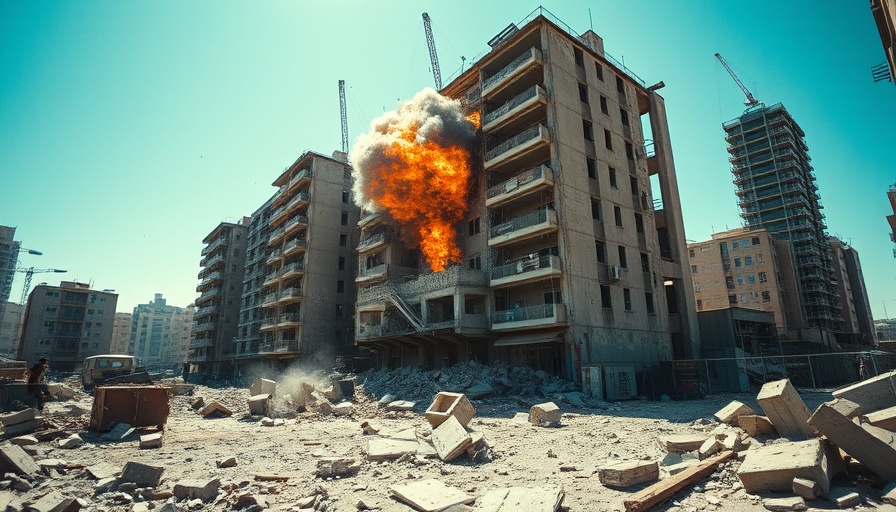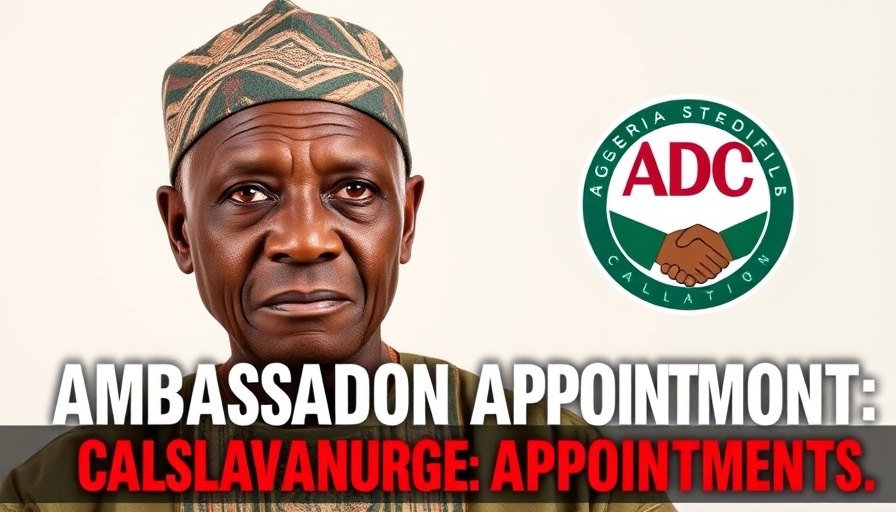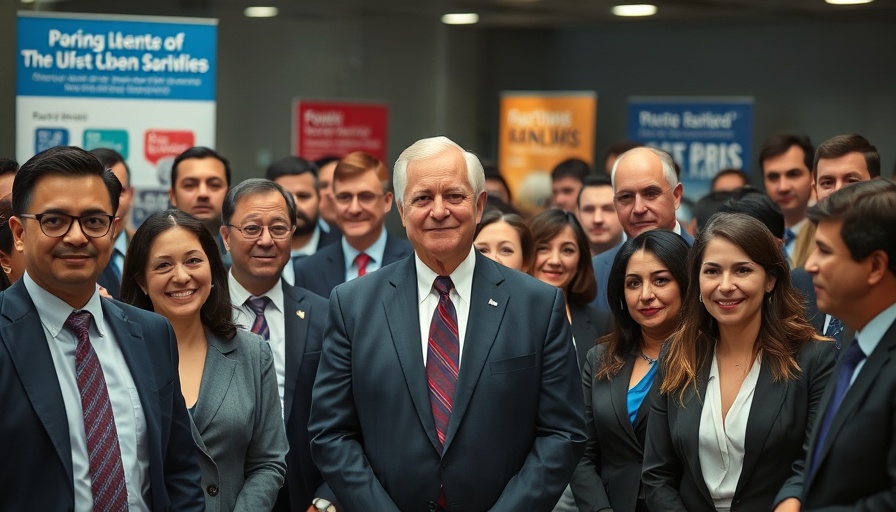
The Global Appeal for Peace in Gaza: A Historic Moment?
In a remarkable expression of collective discontent, 25 nations, including the UK, have vocally condemned the ongoing Gaza conflict while urging an immediate ceasefire. The situation has escalated tensions globally, as humanitarian concerns for the Gazan population grow. Palestinian Prime Minister Mustafa Muhammad's warning about the blockade on essential food and medical supplies reflects a dire reality that cannot be ignored. As calls for a solution surge, the imperative question is not just 'who is to blame?' but rather, 'how can a sustainable resolution be achieved?'
In 'Global Outcry: 25 Nations Demand Immediate End to Gaza War', the dire humanitarian situation is highlighted, prompting further analysis of the implications and resolutions offered by the international community.
The Dynamics of Blame: Who Is Responsible?
The current state of conflict is a nuanced web of historical grievances and contemporary failures. While the immediate focus often lies on Israel's military actions, it is essential to recognize the multifaceted nature of the crisis. As pointed out in the video analysis, blame is not unidirectional; accountability extends to global leadership and their diplomatic choices. This 'gatekeeping' by Israel, as asserted by Muhammad, poses significant implications on human rights and the well-being of civilians trapped in this long-standing conflict.
Strategic Actions Needed for Effective Diplomacy
The call for a strategic overhaul in diplomatic relations is a crucial highlight. If countries genuinely wish to pressure Israel, recalling ambassadors would serve as a robust statement of disapproval compared to mere verbal condemnations. This would demonstrate serious intent and mobilize international attention effectively. The question remains: will nations rise to the challenge and adopt bolder diplomatic stances?
Imagining a Pathway to Peace: What Are the Prospects?
With 25 nations pushing for a political solution, discussions about what a roadmap to peace might look like are paramount. However, skepticism abounds regarding the feasibility of a 'magic wand' to resolve centuries of strife. The vision of coexisting peacefully hangs in the balance, especially given the recent historical failures witnessed despite numerous peace talks. The necessity for a dual approach—prioritizing both immediate relief for Gazans and the release of Israeli hostages—could be a crucial public sentiment that needs harnessing.
Public Sentiment: The Human Cost of Conflict
The emotional tapestry woven throughout this conflict is characterized by immense human suffering. The stories of individuals on both sides, affected by war, illuminate the crisis's brutal nature. For many in the global community, the struggle in Gaza is not merely a distant geopolitical issue but one that invokes empathy and calls for immediate action. Understanding this human element is vital as it underscores the urgency of intervention—and the protection of human rights.
Future Predictions: The Real Stakes Ahead
As international discussions continue, the fear of persistent conflict looms over the region. Without a cohesive strategy that addresses the root causes of hostility, the spiral into chaos becomes increasingly likely. The rhetoric of one country being able to 'subdue' a populace highlights the power dynamics at play, suggesting that military strength often prevails over the pursuit of peace. Nonetheless, with nations uniting for a ceasefire, there lies potential for change—if only it can be harnessed effectively and compassionately.
Encouraging Collective Action for Change
This situation serves as a clarion call for both local action and international responsibility. As citizens of the world, our awareness and advocacy can create stronger pressure on governments to take meaningful steps towards durable peace in Gaza. Will we stand in solidarity and demand more than just rhetoric from our leaders?
In conclusion, as we reflect upon these critical discussions detailed in the video, it becomes abundantly clear that the path forward requires collective effort—not merely from governments but from individuals advocating for humanity across borders. We must remain vigilant and supportive of actions that prioritize lives over politics.
 Add Row
Add Row  Add
Add 


Write A Comment